Seven Important Frequently Asked Cruise Questions Answered

As exciting as embarking on an adventure aboard a stunning cruise ship to some of the world’s most interesting destinations can be, cruising can feel chaotic at times too – especially if you’re new to this way of seeing the world. Whether you’re preparing for your first voyage or your hundredth sailing, preparing for a luxury cruise or a last-minute adventure, it’s all-too-easy to get caught up in the excitement of a holiday and forget to ask the important questions and check certain details.
But, fear not; in an effort to help you prepare and avoid any panic, Iglu Cruise is here with some of the most important cruise questions and answers for you to check out ahead of your next holiday.

From first-time cruising questions to information about how to handle certain situations, below you’ll find everything you need to know about some of the most important – and often overlooked – parts of cruising. So, if you’re planning on taking advantage of some of the latest cruise deals available, you don’t need to worry about being ill-prepared and uninformed going into the booking process; you can focus on all the fun stuff instead!
Contents:
- What Are the Age Restrictions for a Cruise Holiday?
- Do You Need Travel Insurance to Cruise?
- What Travel Documents Do You Need for a Cruise?
- What Happens if My Luggage Gets Lost?
- Can You Smoke on a Cruise Ship?
- What Happens in a Medical Emergency On a Cruise Ship?
- What Happens if I’m Late for Boarding on a Shore Day?
- More Frequently Asked Questions About Cruises
What Are the Age Restrictions for a Cruise Holiday?
If you’re planning on embarking on a cruise adventure with children, there are a few age limitations you need to be aware of before booking – especially if you’re thinking about going on one of the upcoming family cruises with a baby.
While details can vary from cruise line to cruise line – so it’s always worth double-checking details with your cruise consultant and your chosen cruise line before booking – in most cases, infants under six months old are not permitted to travel via cruise. In addition to this, infants under 12 months old are often not permitted to travel via cruise on transatlantic voyages – or any itinerary with consecutive sea days – and cruises including remote destinations.

On the other end of the scale, passengers under 18 years old must travel with a parent, guardian, or companion over the age of 18. For some cruise lines and destinations, this restriction is upped to 21 years old. So, if you’re planning on travelling with children of any age, it’s worth double-checking the specific restrictions in place for the cruise line you’re planning on travelling with before booking.
Do You Need Travel Insurance to Cruise?
Having travel insurance may not strike you as the most important part of preparing for a cruise getaway – as it isn’t like you’re planning to injure yourself or lose your luggage – but ensuring you have the appropriate cover ahead of your holiday is vital.
Not only will cruise lines deny boarding, at your own expense, if you have not arranged the appropriate travel insurance ahead of embarkation, but – in an emergency – you’ll find yourself met with huge bills and a lot of additional spending that likely could have been otherwise avoided.
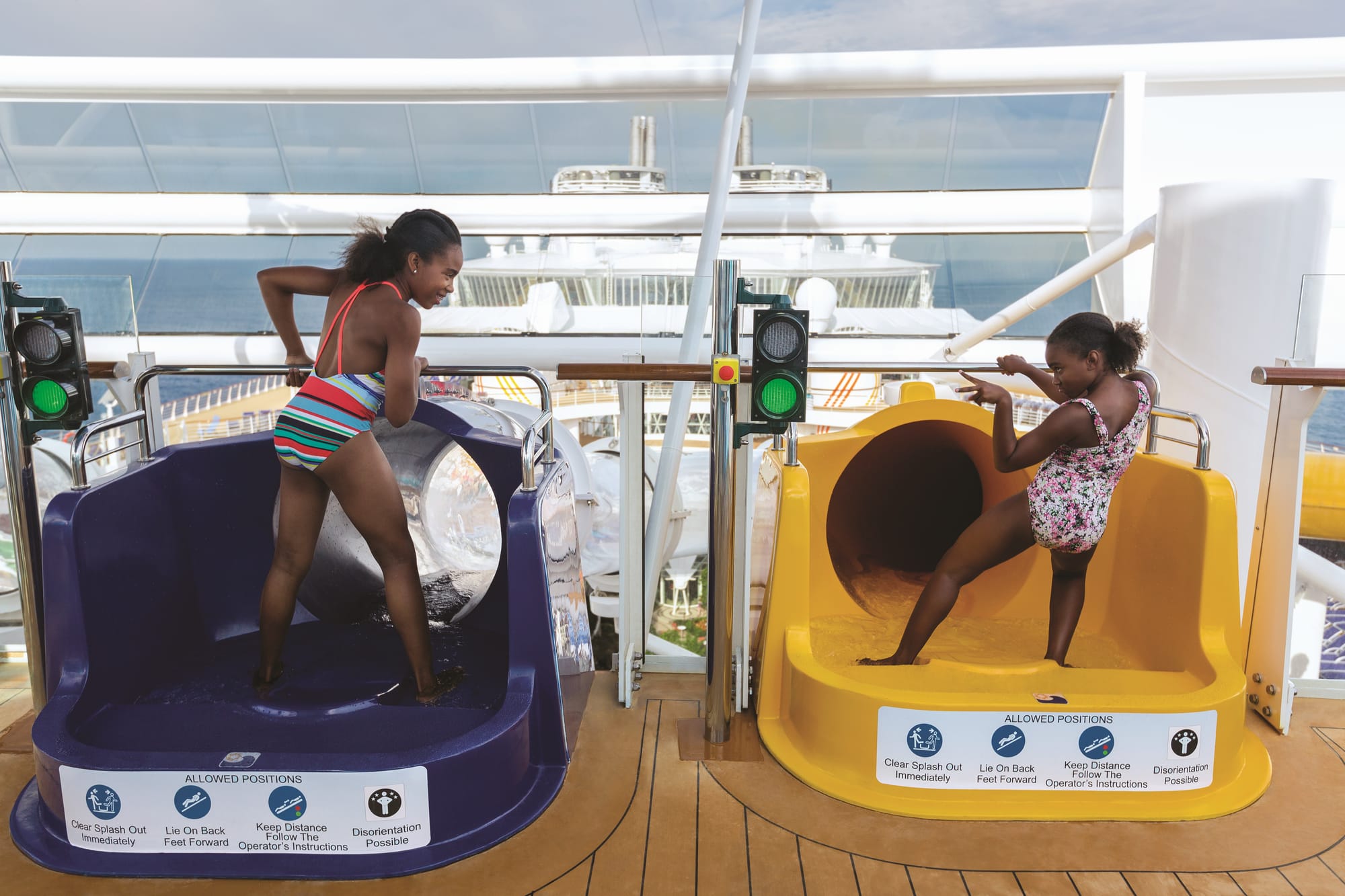
A variety of travel insurance companies will offer cruise-specific travel insurance, to ensure you’re covered for a variety of situations throughout your voyage. So be sure to check that you’ve purchased the correct type to avoid any issues along the way.
What Travel Documents Do You Need for a Cruise?
Having the appropriate travel insurance for your cruise is important, but you’re also going to need a variety of additional documents to travel; if you’re missing any of them when it comes to embarkation, you could be denied boarding and refused travel at your own expense.
First and foremost, you’re going to need a form of ID and your passport. With these often being one and the same, it’s always best to use your passport as your form of ID; however, in cases where you’re on a domestic cruise and you don’t need a passport, another form of Government ID will be required. The selection of accepted forms of ID can vary, so it’s best to check with the cruise line you’re planning on travelling with ahead of time. In most cases, your passport will need to be valid for at least six months after the end of your cruise; so, if your passport’s expiration date is coming up, you may want to think about renewing it with ample time before your cruise.
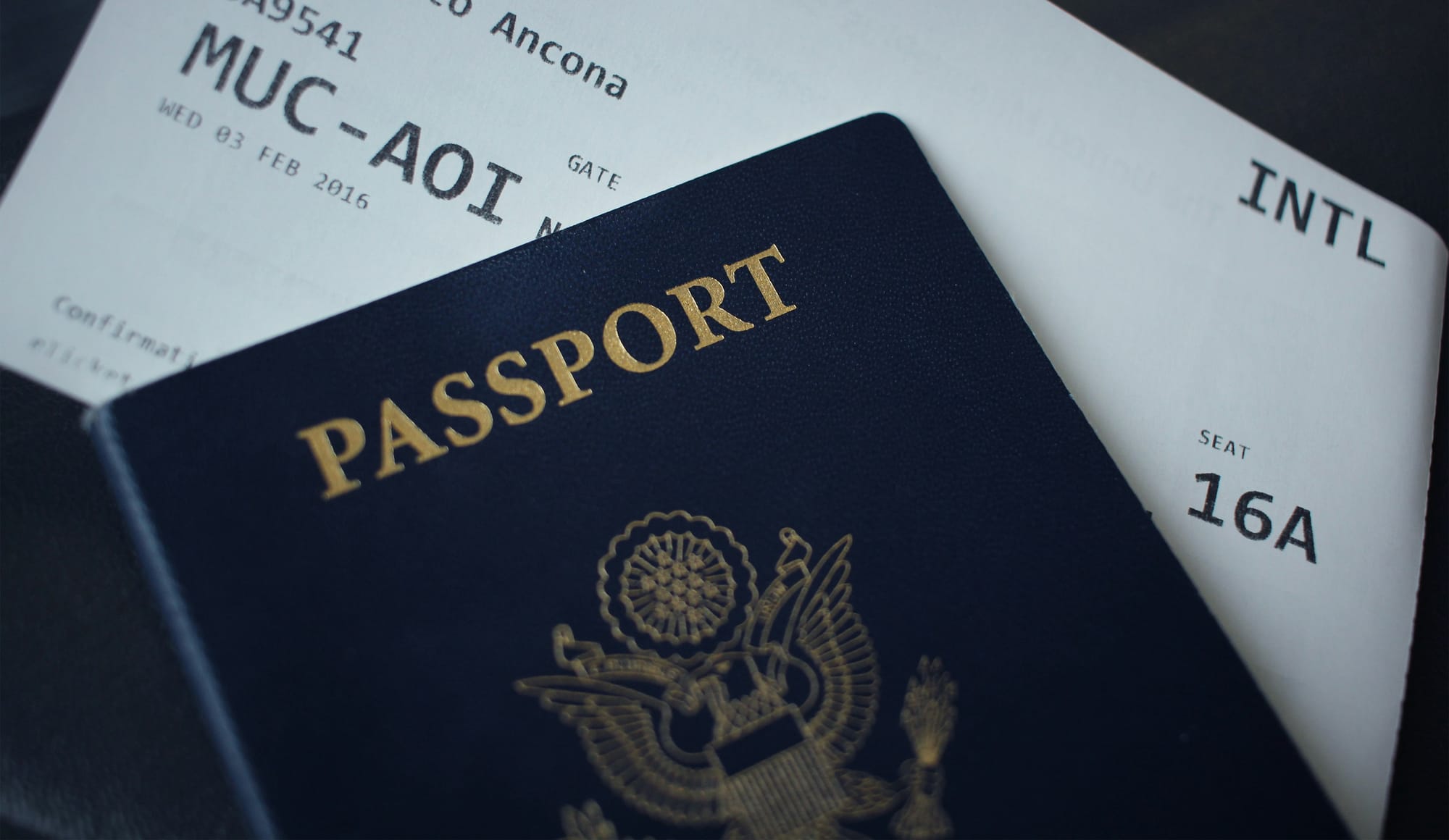
If you’re travelling internationally, you’ll also need to make sure you have all the appropriate travel visas sorted out before embarkation. This is something that varies from destination to destination – with some needing visas sorted ahead of time and others issuing visas upon arrival – so doing your research ahead of time is vital. It’s also worth remembering that, in almost every case, the additional cost of travel visas is not included in your cruise fare; so, it’s something to consider when it comes to budgeting, too.
On top of this, you’ll need your boarding pass with you upon embarkation and some luggage tags. While most major cruise lines have online systems that you can use to complete some pre-boarding tasks and checks before embarkation date, then being able to print off your boarding pass at home, you’re still going to need to make sure that’s available when you arrive ready for your getaway. Luggage tags are also an important part of embarkation, primarily so you don’t lose your luggage before your holiday has even started. Each cruise line follows its own procedures here, with some providing you with luggage tags ahead of time and others allowing you to bring your own. In any case, by the time you board, you’re going to want to make sure you have luggage tags to hand so your luggage can be delivered to your cabin or suite without any issues.

Last but not least, it’s important to ensure you have all the appropriate medical documentation before your voyage. Some destinations (such as South Africa) require proof of vaccination (for things like Yellow Fever) before you’re allowed into the country, so making sure you’re prepared and have the right medical documentation with you when you’re on your holiday is important. Otherwise, you might miss out on the experience of a lifetime.
What Happens if My Luggage Gets Lost?
While this is something that is thankfully quite unlikely, it can happen and be quite a stressful situation to resolve if you don’t know what to expect. An issue more often than not in the charge of an airline, you’ll usually be able to organise the delivery of your lost luggage to your cruise voyage’s next port of call – once the airline locates your luggage, anyway.
If and when this happens, cruise lines often offer support in the form of supplementary clothing or onboard credit which you can spend to buy spare clothing. However, whether this is the case or not, good travel insurance will also be able to help with this issue; you should be able to claim any additional expenses upon your return, provided you can prove that losing the luggage was outside of your control, that you’re not at fault.
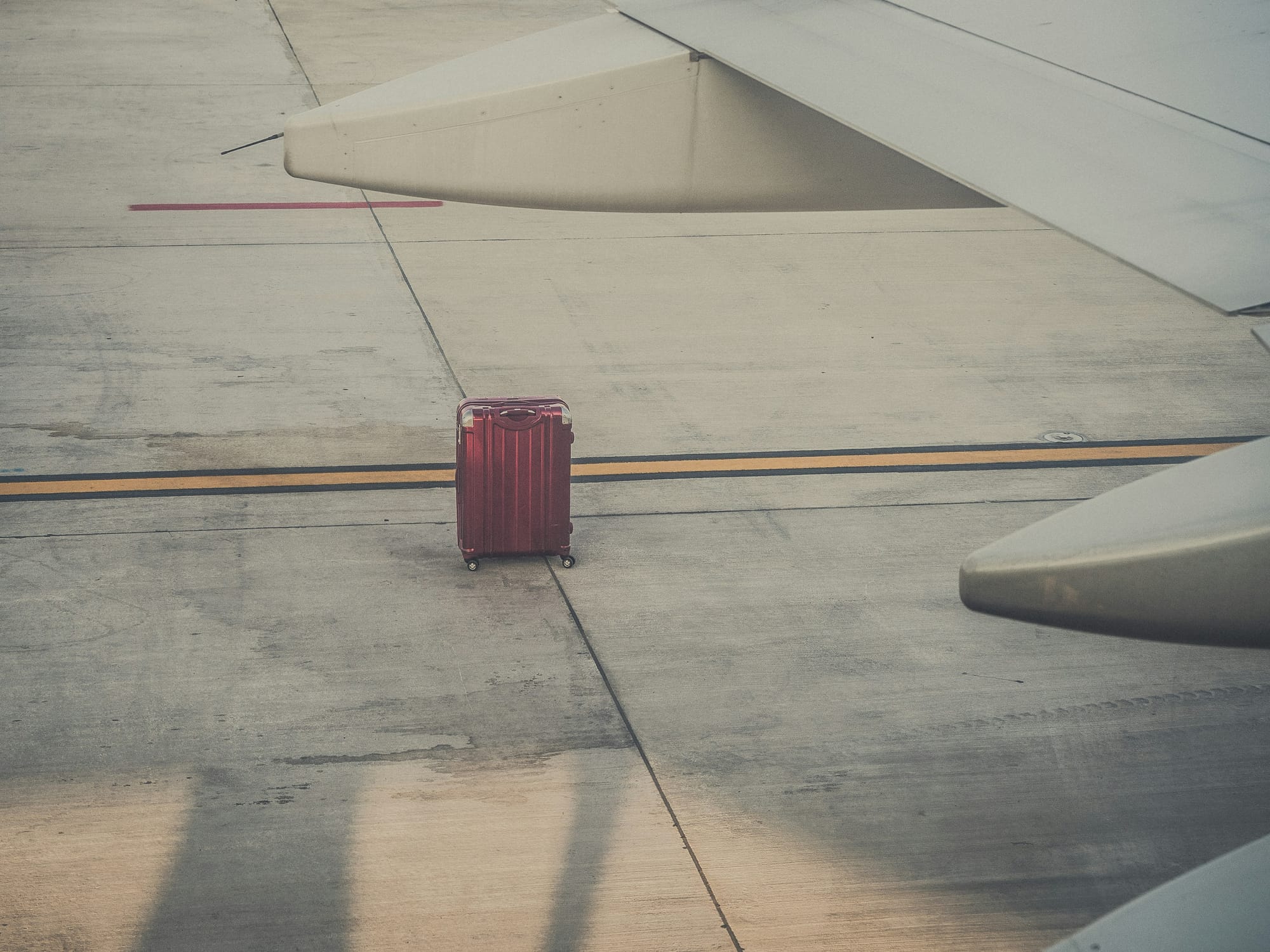
In any eventuality, it’s always best practice to pack a spare outfit or two in your carry-on luggage – just in case. This way, at the very least, you have some spare clothing for a day or two while you wait for your lost luggage to be returned.
Can You Smoke on a Cruise Ship?
If you’re a smoker and you’re worried about going on the duration of a cruise without the chance to smoke, you’ll be pleased to know that you will be allowed to smoke on a cruise ship – but, only in designated areas, of which vary from ship to ship.
On most cruise ships, smoking is completely prohibited in almost every indoor and outdoor venue, with the exception of designated areas in onboard casino venues, specific bars and lounges, and some outdoor seating areas. You’re also prohibited from smoking on your cabin or suite’s balcony or veranda – a decision that has been made to minimise ocean pollution and the disruption of other guests.

If you’re caught smoking in an area you’re not permitted to smoke, you will be asked to move to a designated smoking area. However, if you’re caught smoking in your cabin or suite, you’ll also be charged a ‘cleaning fee’ – an additional expense that is typically around $250 USD (this can vary by cruise line).
What Happens in a Medical Emergency On a Cruise Ship?
If you’re unfortunate enough to fall ill or suffer an injury while aboard a cruise ship, you’ll be pleased to know that every cruise ship is home to a medical facility with medical professionals and equipment available to treat minor injuries and illnesses.
However, if you fall victim to something a little more serious than that, you may need to be transferred to a land-based medical facility as soon as possible. While at sea, if this is the case, a helicopter may be used for an emergency medical evacuation. Or, an unscheduled stop at a nearby port may also be organised, if this is deemed the best option by the medical professionals and cruise ship crew. If you’re already in a port, an ambulance or taxi will be organised.
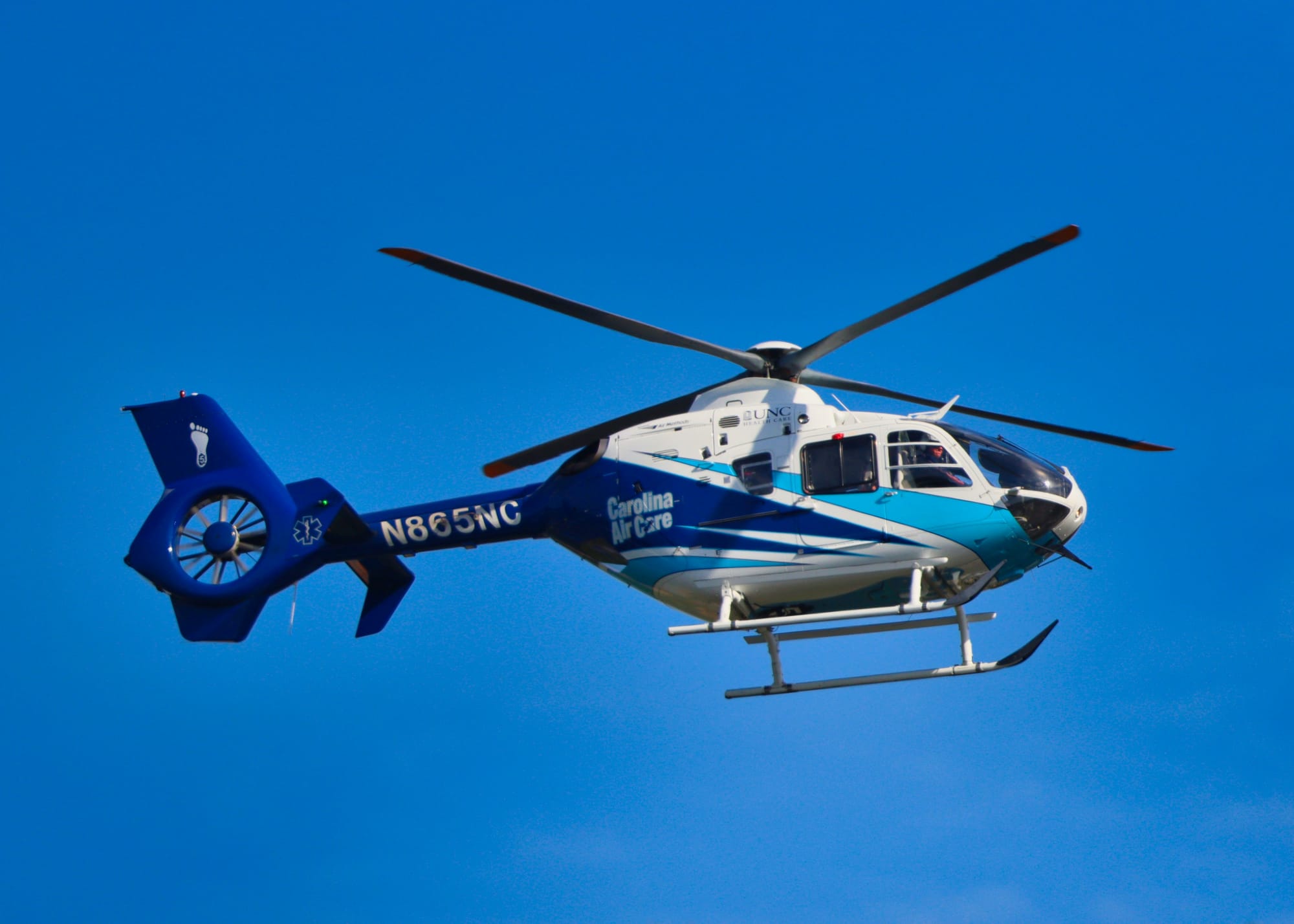
In any and all cases, it’s important that you have the appropriate travel insurance organised ahead of time. It’s always worth checking that your specialized cruise travel insurance will cover medical emergencies, for medical bills can add up quickly and it’s important to consider the additional cost of actually transporting you to a land-based medical facility to receive treatment, too. An emergency medical evacuation via helicopter can cost upwards of $20,000 USD in some cases.
What Happens if I’m Late for Boarding on a Shore Day?
While it’s always recommended that you leave ample time to return to your cruise ship before it’s departure while ashore, delays happen – and it’s not always because of something in your control. So, it’s perfectly valid to be worried about being late and missing your cruise ship.
Thankfully, being late isn’t always a complete disaster. If you’re on a paid excursion organised by your cruise line, or on an excursion with a reputable third-party organizer that guarantees your return to your cruise ship with ample time, the cruise ship will wait for you if you’re delayed. However, if you go off on your own to explore and you’re running late, it’s unlikely that the cruise ship will delay its departure.
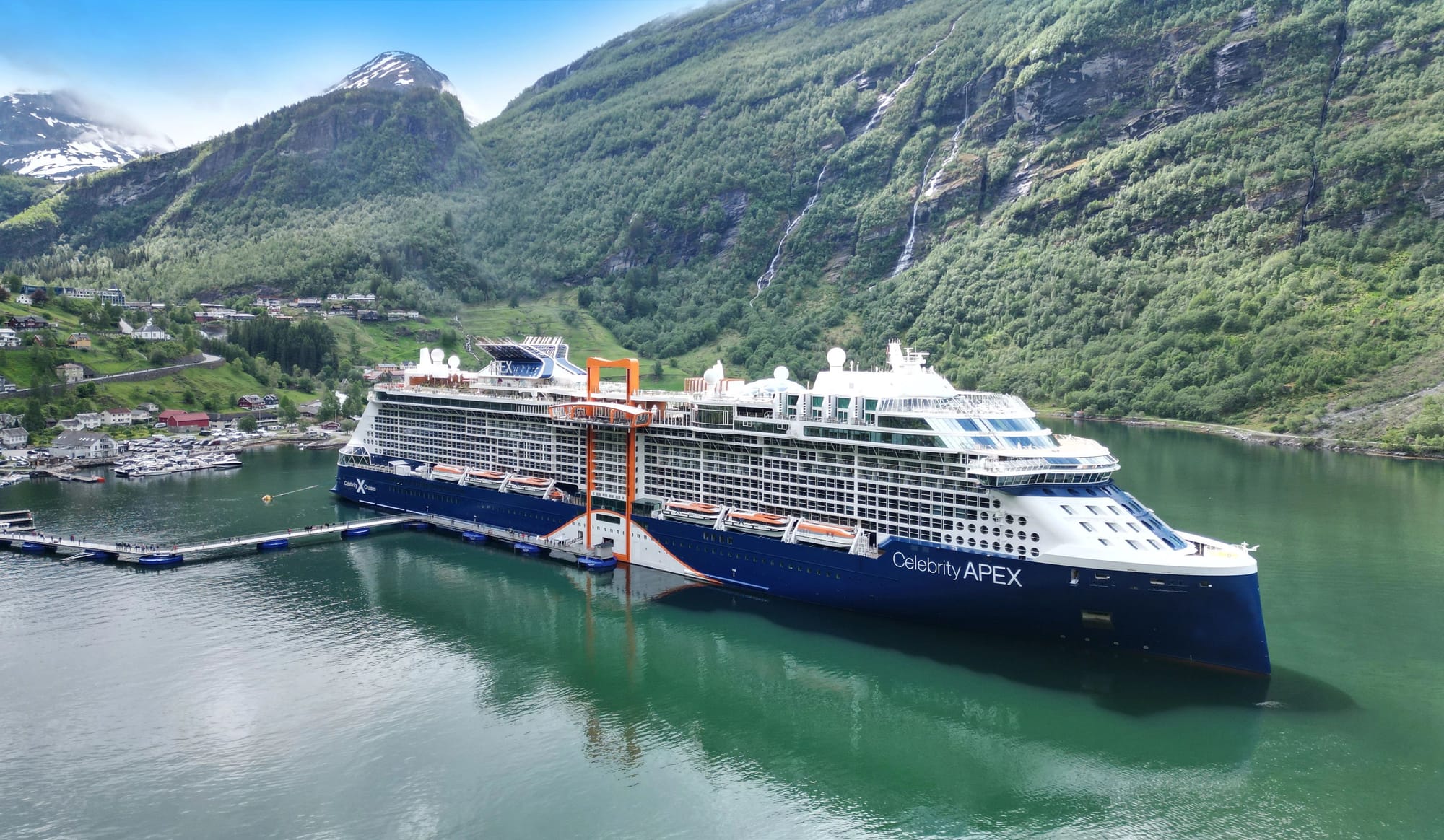
If this does happen, then it’s often up to you to make your own way to the next port of call to be picked up and rejoin your cruise. Port agents will often be available to help you arrange this and recommend the best way of reaching your next destination in time, so you’re not going to be left alone to handle this. Good travel insurance will also help you cover the additional costs a situation like this will incur, so it’s important to keep track of all your spending and evidence of your delay so you can claim back any expenses at a later date.
More Frequently Asked Questions About Cruises
How big is the biggest cruise ship in the world?
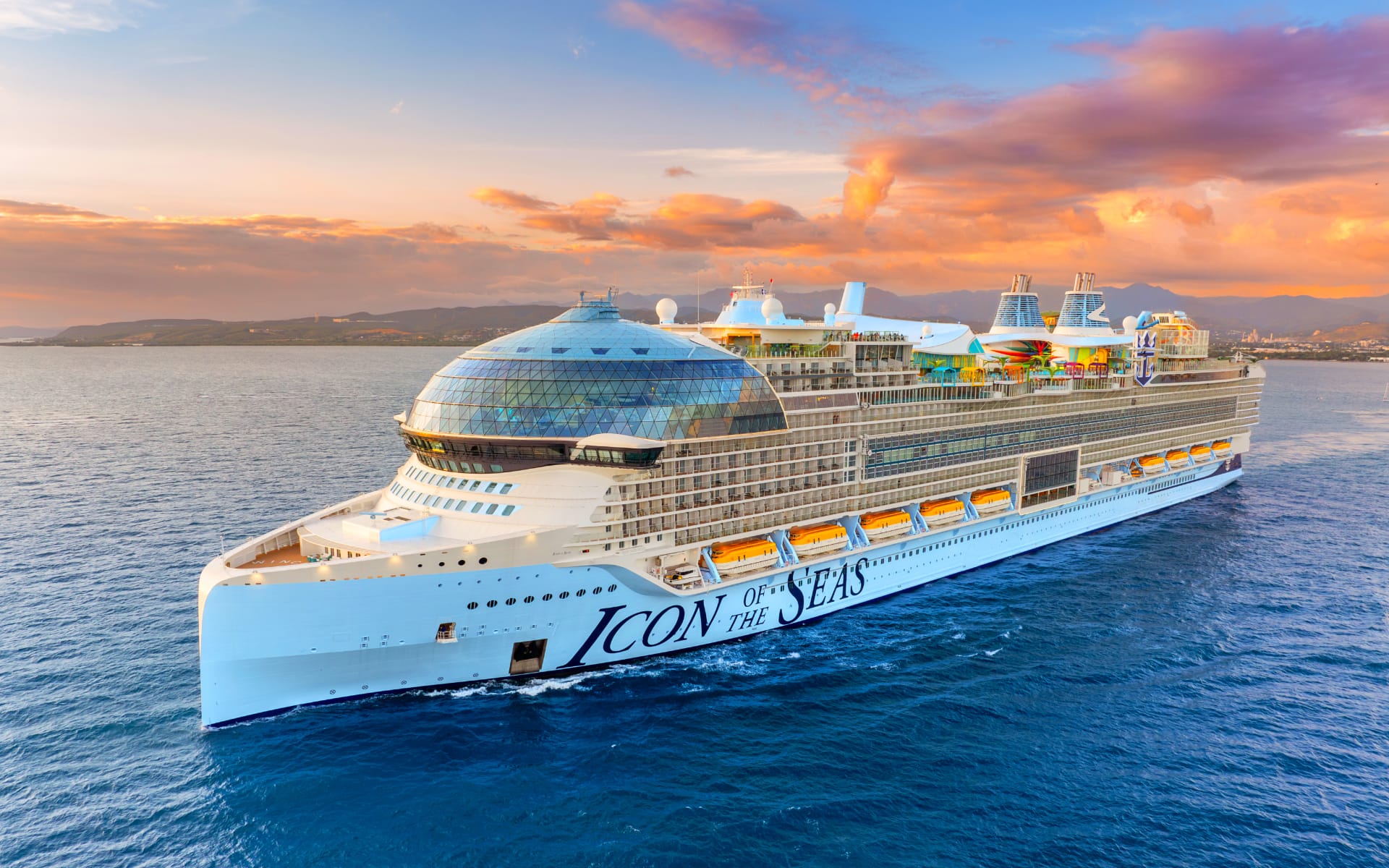
Whilst Royal Caribbean’s Icon of the Seas originally took this title, sitting at an impressive 284,663 tons, and with a capacity of 7,800 passengers with 2,350 crew members aboard across 18 decks, Royal Caribbean's latest ship, Star of the Seas, has now taken over the title, due to it being slightly longer.
How fast do cruise ships usually go?
While something like this varies depending on the size of the cruise ship, the destination, and the weather conditions, cruise ships typically travel between 18 and 22 knots (roughly 20 to 25 miles per hour). Maximum cruising speeds can reach up to 30 knots (roughly 35 miles per hour), but it’s rare that a cruise ship will travel at top speed.
How much cash should you bring on a cruise ship?
This is wholly dependent on the length of your cruise and what you plan to enjoy while you’re onboard. However, it’s recommended that you bring anything from $50 USD to $100 USD per person per day.
However, many cruise lines now operate on a cashless system, with the ability to purchase items onboard using your credit card or your wristband (on cruise lines such as Virgin Voyages). You’ll also be able to purchase drinks packages, shore excursions, and more ahead of time – so, physical money might only be required for shore days.
What is the dress code onboard a cruise ship?
Comfort is key when it comes to cruising, but the formality of a voyage can depend on which cruise line you’re travelling with. If you’re stuck on what to wear on a cruise, it’s always best to pack for the destinations you’re travelling to, and to bring at least one smart outfit for the formal evenings on board– though these are usually optional.

How long does embarkation usually take?
Depending on the size of the cruise ship, the cruise line, and how efficient the boarding process is, this can take anything from 30 minutes to several hours. It’s always advisable to arrive a couple of hours before the cruise is set to depart, so you have ample time to go through this process and board the cruise ship before it sets off.
How long does disembarkation usually take?
A slightly longer process, disembarkation at the end of a cruise holiday can take several hours – and you may be waiting to disembark for up to four hours once the ship has docked at its final destination.
You’ll often be given a group number and be asked to wait in the atrium / lobby (or another area of the ship) before this number is called and you disembark. Typically, you will be asked to vacate your stateroom by 09:00 (or earlier) on disembarkation day; though, in some cases, you will be given time to eat something in one of the onboard restaurants before you disembark. This, though, depends on the group number you are given.
Book Your Next Exciting Getaway with Iglu Cruise Today
Ready for an adventure? Whether you're looking for all-inclusive cruise deals, a solo cruise getaway, or the best short breaks sailing soon, Iglu Cruise has a fantastic selection of fantastic holidays packed with once-in-a-lifetime experiences and exciting excursions for you to check out.
For more on cruising and the cruise industry, though, feast your eyes on this selection of the latest blogs from the Iglu Cruise team: